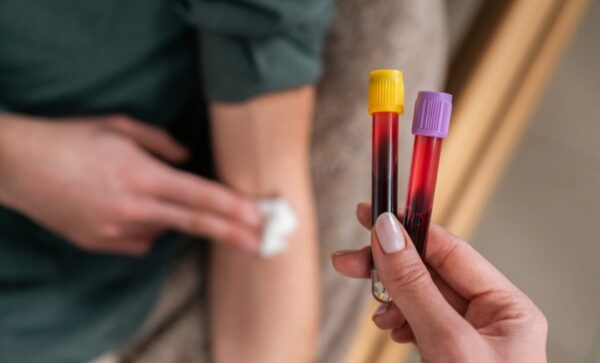Lifestyle
What your acne says about your health

I have not found one person that enjoys having pimples, and even when I do, I am not sure I would want to be their friend.
Acne breakouts in black women are caused by a variety of reasons that are inherently linked to our health care.
Face mapping techniques have been present for some time now but a lot of the claims that acne is a result of an unhealthy bladder or kidney has not been backed by science.
Acne, whether we want to admit it or not is sometimes caused by the choices we make in our diet and some of the actions we take in our daily lives.
Here is what the acne on the different parts of your face are trying to tell you about your health.
1. On the forehead and nose
This is usually a sign of increased oil production and stress. Acne on the forehead is usually triggered by the presence of cortisol (which is known as the stress hormone) in the body. When you notice that you have recurring acne breakouts on your forehead, check your stress level and try to unwind more often.
Also, acne in these areas is also worsened if you do not sleep enough. When you do not sleep properly, you tend to wake up tired. Tiredness increases stress as your body would be too weak to properly function. Make sure you’re sleeping and giving your cells enough time to repair themselves.
2. At the jawline
Acne in this region is usually triggered by fluctuations in your hormones. Usually, you tend to get more acne at your jawline before your period starts. It can also be triggered by hormonal disruptions that result from using birth control.
This is because birth control causes the production of androgens in the body. In worse cases, recurring cystic acne at the jawline or chin can be a symptom of PCOS.
3. At the hairline
Acne at the hairline is caused by, you guessed right, product build-up in your hair. If you tend to use a lot of products in your hair, try to wash it more frequently to avoid getting unwanted pimples at your hairline.
It is also caused by using comedogenic (products that clog your pores and hair follicles)hair care products in your regimen. Try to look at the ingredients that have been used in making your products and change them if necessary.
4. On the Cheeks
When you have pimples on your cheeks, it is mainly because of dirt build-up on the surfaces your cheeks touch on a daily basis. Make sure you wash your pillowcases weekly and wipe down your phone screen regularly. Also, keep your hands away from your cheeks as our hands carry an unusual amount of bacteria.










